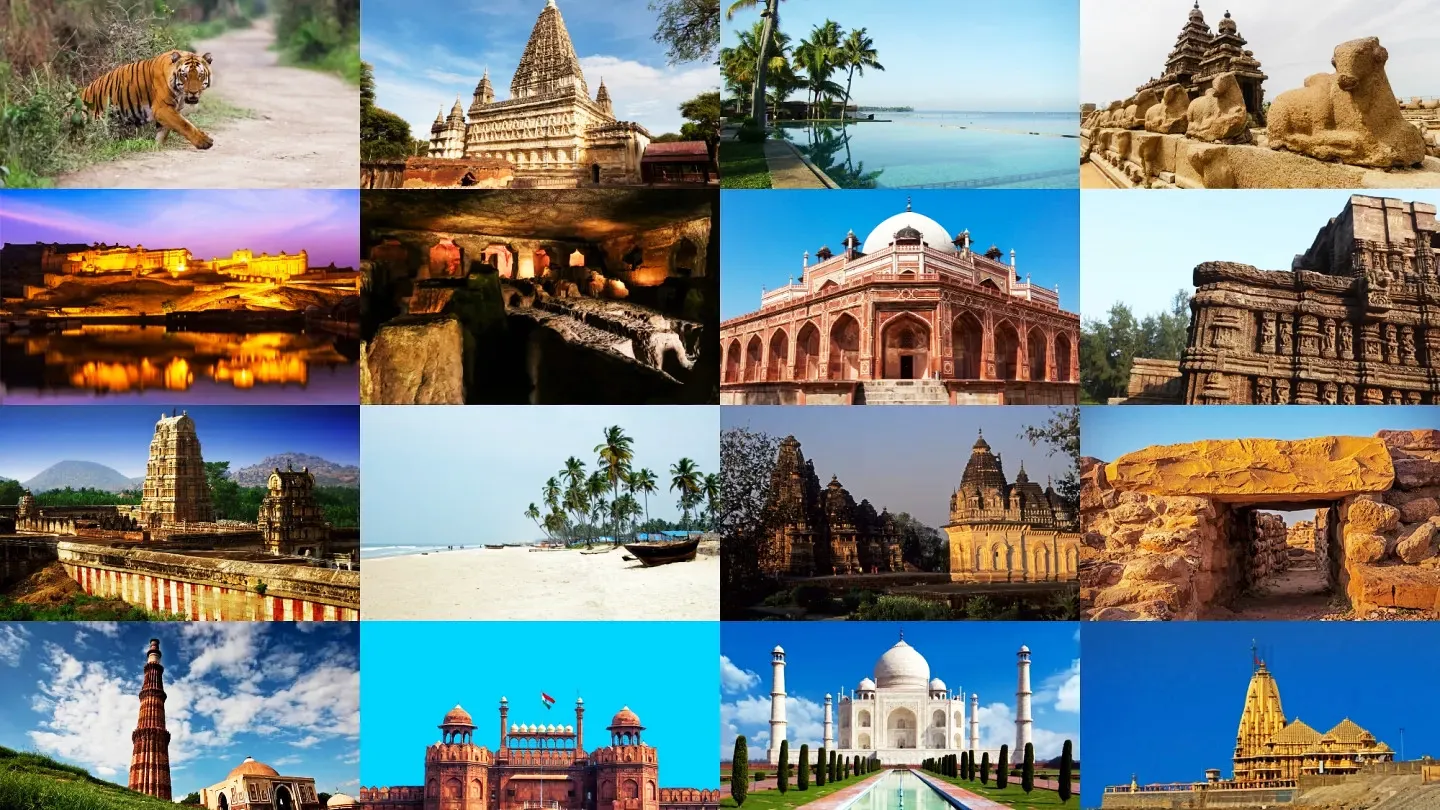Latest from the NBFC Blog

.png)
.png)

Experience a future free from financial worries. At Zero Byaaz, we ensure credit is accessible, fair, and transparent.


Enabling easy, responsible credit access for every Indian
Fill in a few basic details like PAN, Aadhaar, income info, and the amount you need. It takes less than 2 minutes!
We review your application in real-time and let you know if you're approved—no waiting, no long calls.
Once approved, the loan amount is transferred directly to your bank account. Fast, safe, and 100% digital.
Simple loans. Life-changing results. Hear from people who’ve experienced the difference.

Apply with minimum documents and zero hidden charges. Fast approvals. Flexible EMIs.

.png)
.png)

We'll help you explore if loan consolidation is right for you. No pressure, just honest advice.
Book Now
The loan amount you are eligible for depends on several factors such as your monthly income, occupation and bank activity.
At Zero Byaaz, we offer loan amounts ranging from ₹5,000 to ₹2,00,000. Once you submit your application, our team will carefully assess your profile and inform you of the eligible loan amount.
We offer loans to individuals from a wide range of professions, including salaried employees, self-employed individuals, gig workers (like delivery partners or drivers). If you have a regular source of income, you're likely eligible.
Once your application is approved and documents are verified, the loan amount is usually disbursed within 24 to 48 hours. In many cases, it can be even faster—sometimes on the same day. We’ll notify you as soon as the funds are transferred to your registered bank account.
Yes, your data is in safe hands. We use bank-level security to protect your personal and financial details. Everything is handled as per RBI guidelines, and we never share your information without your consent. You can apply without any worry.
You can book online anytime using our simple booking form.